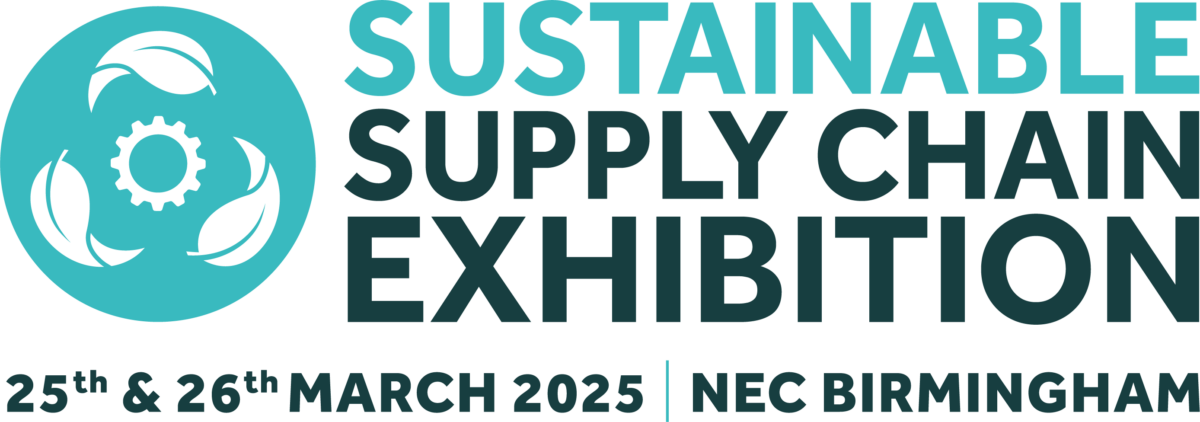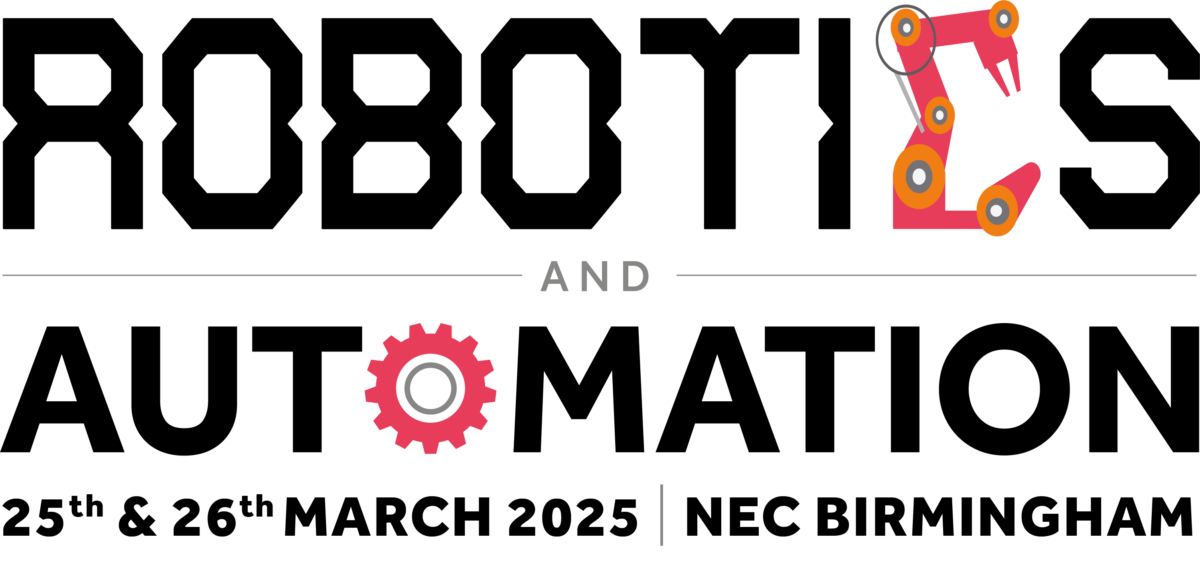Deutsche Post DHL produced earnings before interest and tax of 231 million euros in 2009 – a 124 per cent EBIT improvement on the 966m euro loss in 2008.
Express showed a loss of 807m euros while then loss in supply chain was 208m euros at the EBIT level. Although mail was down 36 per cent, it still turned in an EBIT of 1.4bn euros, while the forwarding business produced an EBIT of 191m euros.
The group said that the underlying profit position was healthier – underlying EBIT, at 1.47 bn euros was down 26.8 per cent on last year.
The group said its IndEx programme generated cost savings of 1.1 bn euros – a year ahead of the original schedule
“These efficiency increases also significantly helped Deutsche Post DHL to achieve its consolidated net profit target. Following a loss in 2008, the full-year consolidated net profit rose to 644 m euros in 2009. Deutsche Post DHL’s 2009 capital expenditure of 1.17 bn euros also fully met expectations.”
Chief executive Frank Appel said: “We have successfully managed the repercussions of the economic crisis and exceeded our targets for 2009. Thanks to strict cost management and the consistent implementation of our Strategy 2015, we are now able to benefit over proportionally from the accelerating global economic recovery.”
The group said that despite the difficult market conditions, the contract logistics business was able to expand its market position in 2009. Two key reasons for this positive development were new business contracts worth 1.1 bn euros and a continuing high contract-renewal rate of 90 per cent. Nonetheless, revenues fell by 8.8 per cent to 12.5 bn euros. This decrease resulted from substantial negative currency translation effects and the company’s own decision to decline renewal of underperforming contracts or to terminate them prematurely.
With the help of cost-cutting measures, the impact of the economic crisis on the division’s profitability could be held in check. While underlying EBIT was indeed -121 m euros, this loss was exclusively related to charges totalling 213 m euros that were connected with the insolvency of Arcandor. Excluding this effect and additional one-time costs for onerous contracts, underlying EBIT in this division would have been near the previous year’s total of 196 m euros.
The Express Division suffered as a result of lower volumes last year. However, the group said that during the second half of the year trade volumes began to rise sequentially. The fourth quarter saw a slight recovery of the time definite domestic and day definite domestic product groups outside the US. Nonetheless, revenues for fiscal year 2009 fell by 24.4 per cent year-on-year to 10.3 bn euros.
The main causes of this decrease were the group’s exit from the domestic express business in the US along with exchange rate fluctuations and lower revenues from fuel surcharges. Outside the US, revenues adjusted for acquisitions and exchange rate fluctuations were only 11.8 per cent below the previous year’s level. The smallest drop in revenues was reported by the Asia Pacific region at 6.0 per cent to 2.6 bn euros.
In Europe and the EEMEA region (Eastern Europe, the Middle East and Africa), revenues fell by 15.5 per cent and 10.4 per cent, respectively, to 5.6 bn euros and 1.1 bn euros. In the Americas region, which includes Latin America and the Caribbean as well as Canada and the U.S., revenues decreased by 58.6 per cent. Excluding the US, revenues in the region fell by 14.8 per cent in the past year.
Unlike the revenue trend, the division’s profitability climbed considerably over the year. The group said that strict cost management meant that underlying EBIT was 45.1 per cent above the previous year’s level at 238 m euros.
For the coming year, t Deutsche Post DHL foresees a moderate recovery in global transport volumes and expects underlying EBIT to total between 1.6 bn euros and 1.9 bn euros in 2010.






